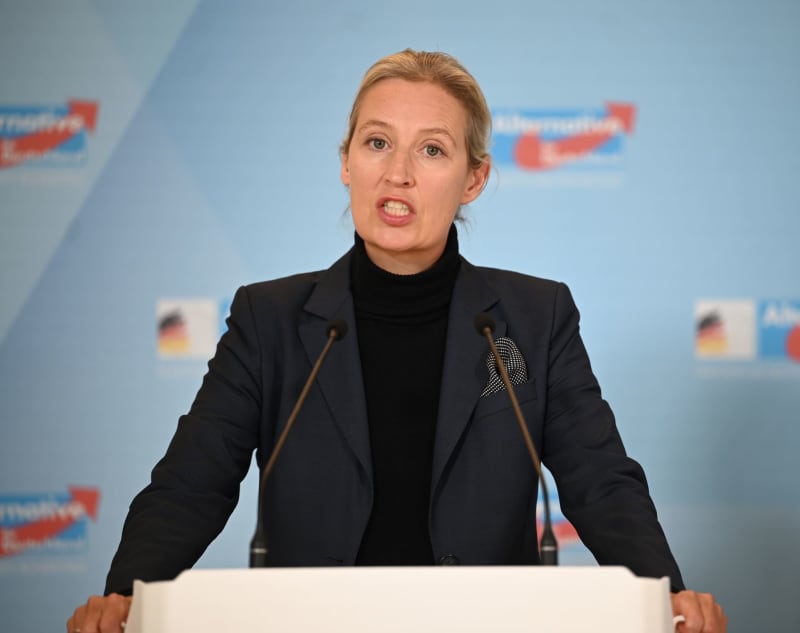Alice Weidel, the leader of Germany’s far-right Alternative for Germany (AfD) party, expressed admiration for former US President Donald Trump during an interview with Deutschlandfunk radio. In the context of Trump’s potential victory in the US elections, she commented that Trump’s “Make America Great Again” (MAGA) movement serves as an aspirational model for Germany, echoing her party’s commitment to prioritizing national interests and addressing the grievances of the German populace. Weidel articulated a desire for a similar approach in Germany, reflecting a nationalist sentiment that aligns with the AfD’s political agenda.
Weidel elaborated on her views by stating that Trump’s electoral campaign highlights critical issues such as opposition to mass migration, crime, economic decline, and various ideologies she deems misguided, including climate and gender issues. By emphasizing these themes, she suggests that the AfD can take cues from the United States in framing its message to resonate with German voters. She implied that the working class, not “woke Hollywood,” determined the election outcome, thus positioning the AfD as a voice for ordinary citizens amid what she perceives as elite disregard for their concerns.
Despite acknowledging that the conservative broadcasting network Fox News had declared Trump the winner, Weidel remained aware of the broader media landscape, highlighting that other outlets, including AP, had not reached the same conclusion. This reflects a strategic understanding of the fluctuating nature of political narratives and the way various news organizations can influence public perception. By aligning herself with Trump’s declared success, Weidel sought to draw parallels between his political repositioning and the potential rise of the AfD in the German political ecosystem.
Weidel also addressed concerns regarding the potential economic repercussions of Trump’s proposed tariffs on European Union products. She suggested that Germany’s economic challenges, such as high energy prices and taxes, were largely self-inflicted rather than solely shaped by external pressures. This argument seeks to reinforce the idea that Germany’s current economic status is a result of domestic policy failures, which the AfD claims to remedy through its nationalistic and conservative agenda.
The political landscape in Germany has been heavily influenced by the ongoing debates around migration, crime, and economic policy, topics central to the AfD’s platform. Weidel’s comments underscore the party’s intention to leverage Trump’s popularity and the sentiments surrounding his campaign to galvanize support among German voters. By framing the political discourse in a manner that resonates with Trump’s base, the AfD hopes to establish itself as a credible alternative within Germany’s political mainstream.
In summary, Alice Weidel’s remarks highlight the AfD’s strategic alignment with Trump’s MAGA philosophy, as she aims to inspire a movement that prioritizes national interests and critiques existing policies surrounding migration and economic management. This positioning not only seeks to capitalize on the perceived success of Trump’s approach but also aims to frame the AfD as a champion of the working class against elite political narratives, ultimately striving to redefine Germany’s political landscape amidst ongoing electoral uncertainties.

